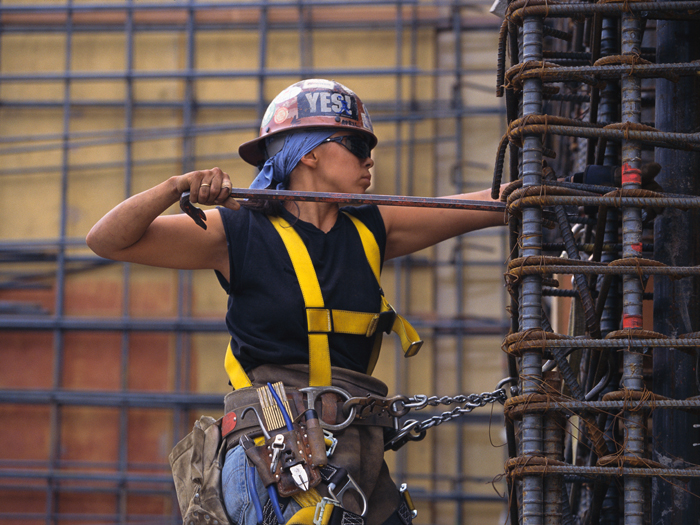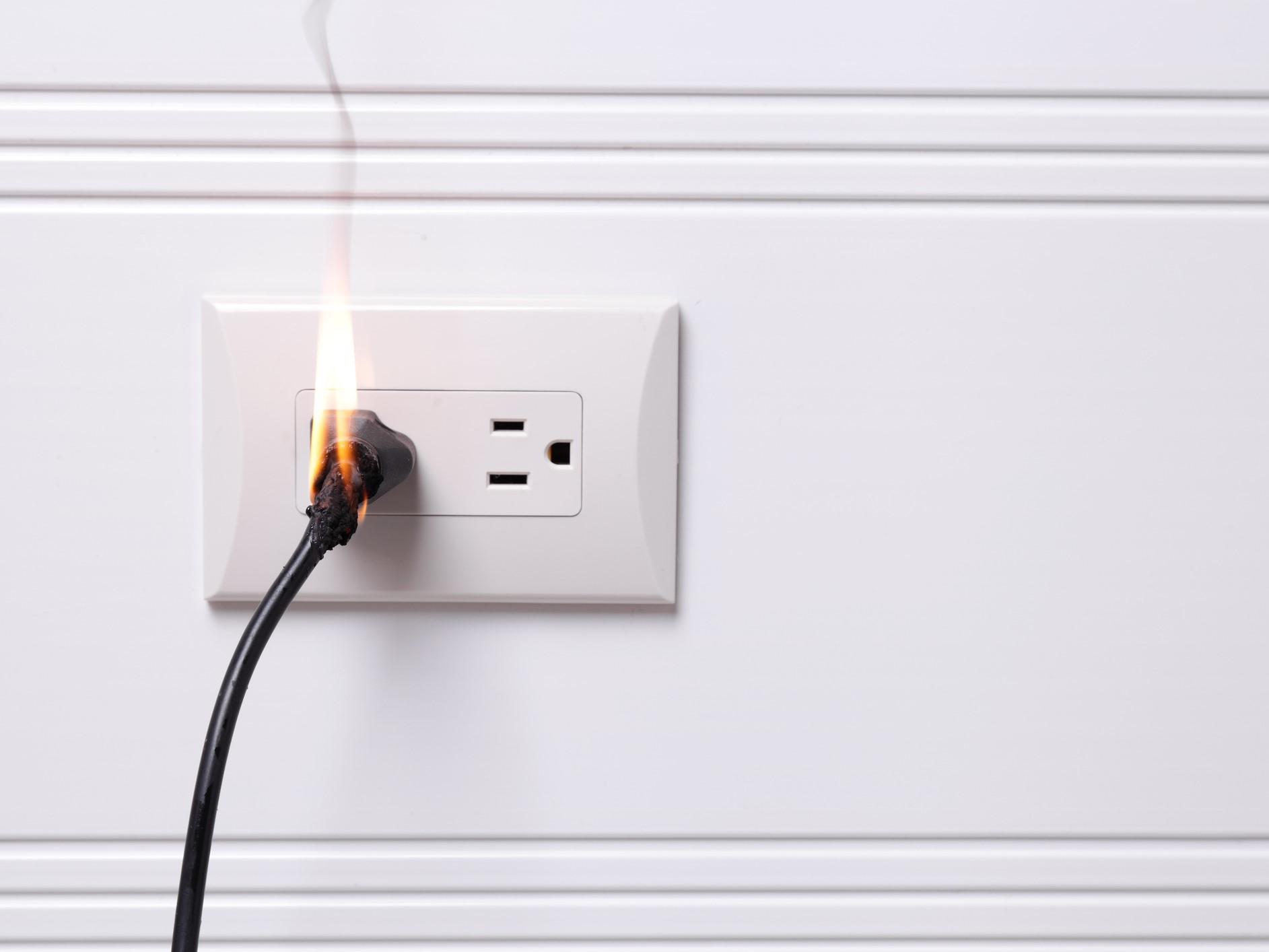Women in Construction: How to Recognize the Strength of Diversity in the Workplace

Risk management dictates that sound buildings are designed to withstand multiple and variable loads and stresses. The same applies to businesses, from engineering and construction companies to law firms.
The keynote panel discussion at the CLM Construction Conference, September 21-23, in San Diego, will address the importance of diversity in the construction industry.
Anoush C. Holaday will be the moderator for the panel. She is a partner in the national law firm of Wood Smith Henning & Berman (WSHB).
“The panel is well curated,” said Holaday. “It is a cross section of risk managers and attorneys who represent what it means to be in construction, which remains a male-dominated industry. That just means that female attorneys and their allies have to work harder and better. Strong women do not consider themselves at a disadvantage; quite to the contrary.”
Noting the personalities on the panel, Holaday added, “A key topic will be how we have all approached construction by separate routes but still have commonality. We will discuss how things were 10 and 20 years ago, how they are now, and where we are going to take the industry in the future.”
The Working Woman’s Hurdles
Holaday does not plan to dwell on rites of passage but acknowledge that most professional women have them.
“My very first assignment was an expert deposition, which are more difficult than ordinary depositions because you have to know your stuff. I had pages of notes and questions typed out but was still, frankly, a little intimidated by the situation. The plaintiff’s counsel walked in and said, ‘Sweetheart, I can see you’re nervous. Do you want me to handle this?’ Under a veneer of civility, he was being demeaning. I declined his offer and did just fine in the deposition. In retrospect, I think he unwittingly did me a favor,” she recalled.
Holaday explained that women in law, and women in construction, certainly do not have to emulate men to be effective, but they do have to be tough, if only because those businesses are tough.
“Many of us know the acronym FOD: first, only, different,” said Holaday. “But we don’t come from a place of weakness, we come from places of strength. Diversity is strength. The success of companies that foster diversity is proof of that. My firm has a great record of trial wins,” she added with a confident tone in her voice.
Holaday describes herself as “homegrown,” having spent 10 years with the firm, starting with construction defect cases and expanding to general liability, wrongful death and personal injury, as well as some intellectual property. “I am still litigating,” she said eagerly, “almost entirely in defense. Builders are the targets. We do a lot of insurance defense.”
In July the The National Law Journal Women in Law annual scorecard ranked WSHB in the top 10 nationally. The Women in Law Scorecard ranks the largest law firms in the country by representation of women attorneys. Rankings are calculated by adding each firm’s percentage of total women lawyers with the percentage of partners who are women. As if to underscore the point, Holaday made partner while she was on maternity leave.
In addition to her regular workload, Holaday is director of associate success at WSHB, by which she is the global mentor for new associates at all 31 of the firm’s offices, from the time they start through their careers.
Continuing several of the same themes, panel member Courtney A. Winzeler stressed that diversity brings strength to any organization.
“Diversity does not exclude anyone. Inclusivity is just that: inclusive. Construction is still very male dominated, perhaps because that generational change has not yet happened, but it is starting. More representation will change the industry’s mindset. Slowly, but it is changing. I don’t think this panel will change construction overnight, but I do hope that the audience will really hear us.”
Flexibility and Setting Up Work/Life Balance for the Working Woman
Winzeler is a partner with the law firm of Lorber, Greenfield & Polito, based in Poway, California, north of San Diego. She is originally from a small town in Arizona, moved to California for law school, and recently moved back to Arizona to be closer to her family. That flexibility is one that not everyone has and will be a point she will raise in the discussion.
“Work/life balance is very important to many professional women, men too, but especially women,” said Winzeler. “We are starting seeing less flexibility lately in many companies. As pandemic restrictions are lifted, many companies are making their people go back to the office.”
While there are situations where work in the office is necessary, Winzeler noted that many people can be just as productive, if not more so, working remotely.
“We will be discussing work/life balance and other important topics while weaving in our personal experiences,” said Winzeler. “As different as those experiences may be, I think we are all going to agree on the importance of education, representation and inclusiveness.”
Where Mentorship Matters Most
Mentorship supports all of those goals, Winzeler added. “I grew up in construction and did not have a female mentor. I did not know what I was missing until I got to this firm, where I found two. One is Joyia Greenfield, a founder of the firm; and also Wakako Uritani, another partner, who has been a great mentor. It is important for every firm to invest in new associates, both men and women, but especially women.”
That extends to recruiting. Winzeler has little patience for operations — law firms or construction companies — that claim to want diversity but say they are not seeing diverse candidates.
“Recruiting needs to be active,” said Winzeler. “You have to seek diversity. In male-dominated industries such as construction you have to make an effort to be inclusive and find diverse candidates. Everyone can be a mentor, a sponsor, or an ally.”
Winzeler has been practicing for 15 years, with several different firms, but mostly in construction defect, general and product liability; broadly defense work. One recent trend she has noticed is an increase in litigation arising out of high-end, single-family construction and remodeling. &
The event is one of several annual conferences sponsored by the Claims and Litigation Management Alliance, which is affiliated with The Institutes’ Risk & Insurance Knowledge Group. The Institutes also owns Risk & Insurance® magazine.








